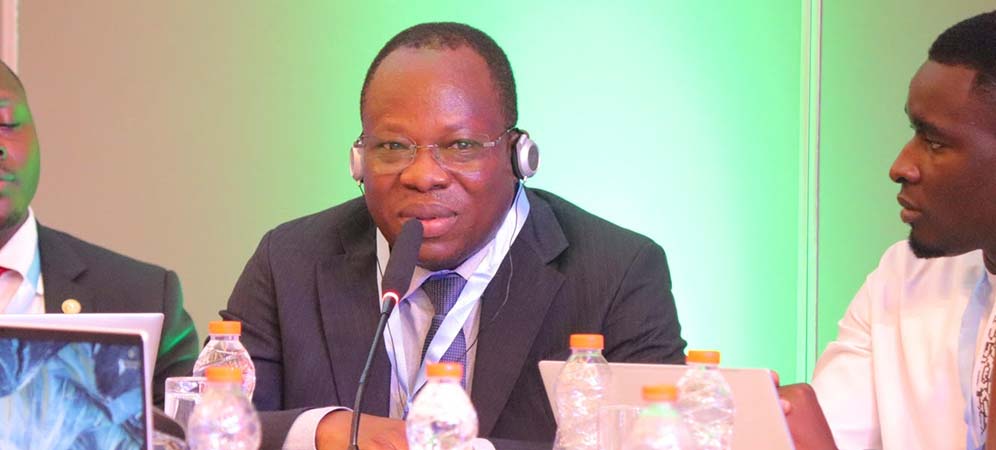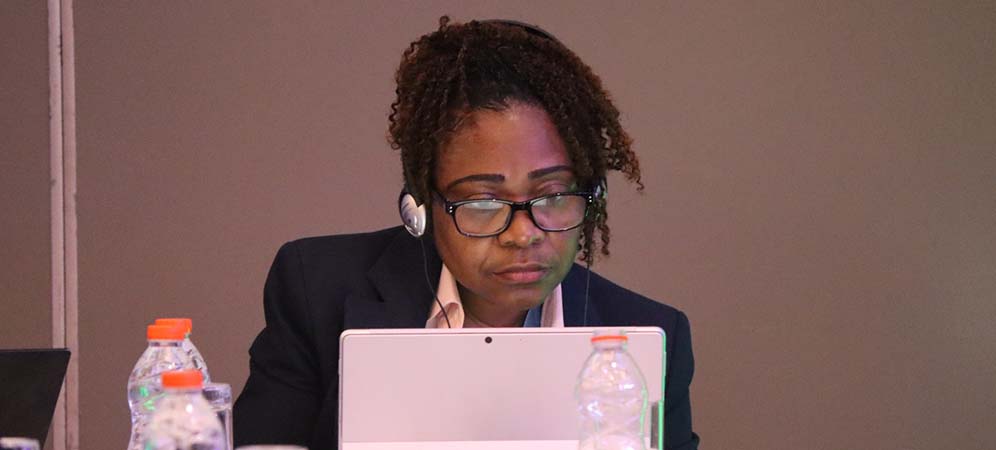SGCI News
The Science Granting Councils Initiative (SGCI) has officially welcomed Angola and Togo as new members. With their addition, SGCI now numbers 19 councils across the continent, strengthening its role in…
The Science Granting Councils Initiative (SGCI) has officially welcomed Angola and Togo as new members.
With their addition, SGCI now numbers 19 councils across the continent, strengthening its role in supporting science, technology, and innovation (STI) systems in Africa.
The announcement was made on 15 September in Accra, Ghana, as partners, funders, researchers, and policymakers gathered for the All Partners Forum to reflect on the SGCI’s 10-year journey and chart the way forward.
Delegates noted that the expansion comes at a critical moment, as African countries align national strategies with the African Union’s Science, Technology and Innovation Strategy for Africa 2034 (STISA-2034).
Since its launch in 2015, SGCI, a multi-donor initiative, has become a key platform for research collaboration, knowledge sharing, and capacity development across Africa.
New council members
For Angola, membership represents an institutional milestone and a chance to deepen collaboration.
Madalena Castelo Branco, head of the director general’s office at the Foundation for Scientific and Technological Development (FUNDECIT), said the process began in 2023 when Angola was invited to attend SGCI’s annual meeting in Mombasa, Kenya.
“The Minister for Higher Education, Science and Innovation permitted us to participate in these meetings. After that, we submitted a membership application form. Since then, we have attended all meetings up to this one in Accra, where we officially became members,” Castelo Branco explained.
She described the step as a “significant and strategic milestone” that would enhance institutional capacity, open access to funding, and create opportunities for Angolan researchers to collaborate regionally and internationally.
She adds that the membership will also open access to additional funding sources.
Togo followed a similar path. According to Kossi Sename Dodzi, director of Scientific and Technical Research at the Ministry of Higher Education and Research, Togo, joined as an observer at the 2024 annual meeting in Gaborone, Botswana.
They applied in November 2024 and were accepted by SGCI’s donor executive committee in July 2025.
“Admission into SGCI means a great deal to us. It is an opportunity to be part of a pan-African programme and to benefit from the experiences of countries that have been members for longer. We can learn from their successes and challenges,” Dodzi said.
He added that Togo hopes to strengthen research programmes in areas such as agriculture, health, energy, ICT, digital economy, environment, and climate change.

A feasibility study, supported by the European Union, has already been conducted for a national science and innovation fund, though the proposal has not yet been adopted.
“We now look to the SGCI community not only to welcome us, but also to accompany and support us in turning the vision to reality”, he adds.
Political will and next phase
But while SGCI membership offers access to expertise and collaboration, experts stressed that establishing new councils or funds requires more than technical capacity.
“You need political will at the highest level to have a new council established,” said Nicholas Ozor, executive director of the African Technology Policy Studies Network.
“Political will is superior to science. We must play it the political way if we are to get results.”

According to SGCI, lessons from its first decade will guide its third phase (2026–2030), with extended support, stronger leadership, additional members, and new partnerships ensuring momentum beyond 2025.
For the next five years, SGCI will continue building partnerships at national, regional, and global levels to drive the implementation of STISA-2034 and strengthen Africa’s STI landscape.
Please check out the stories and let us know what you think. We would love to hear from you!
Let’s continue the conversation on our social media
Written by Charles Wendo and Jackie Opara-Fatoye
Published on 17 September 2025
Related News
Voices of SGCI: Council leaders on the direction and ambition of SGCI 3
At the African Union’s Science, Technology and Innovation Week in Addis Ababa, earlier this month, leaders of science granting councils reflected on what SGCI Phase 3 represents for Africa’s science and innovation systems. From ownership and alignment to stewardship and sustainability, here are their voices…
Building Africa’s science future: inside the SGCI alliance
As Phase 3 of the Science Granting Councils Initiative launches on the margins of the African Union Summit in Addis Ababa last week, the SGCI Alliance Chair explains why this moment marks a decisive turning point for African science. Cephas Adjei Mensah describes what is…
Open call: Support for science granting councils in Sub-Saharan Africa
The International Development Research Centre (IDRC), through the Science Granting Councils Initiative (SGCI), has launched a call for proposals to support science granting councils in Sub-Saharan Africa in the establishment and operationalisation of the Capacity Strengthening Hub under Phase III of the SGCI-3. The Hub…
SGCI funded projects
Rwanda’s integrated approach to sustainable agriculture and nutrition
Project Titles & Institution Areas of Research Number of Projects being funded Project Duration Grant Amount In-Kind Distribution Council Collaboration with other councils





